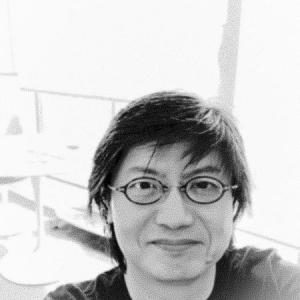
CLICK HERE FOR PROFESSOR HWONG'S ARCHIVES.
Leave-no-one-behind will enslave you, but everyone-for-oneself will set you free. Is this world the best of all possible worlds? With trepidation and humility, I explore the fiscal policy aspirations for the financing of a more just world for all.
Perhaps I am overly optimistic, but I still hope we will at least try to solve some of the political, economic and social problems we face by doing the right thing. If we don't want our lives to be dominated by those with ginormous market power, and if we don't want to be held hostage in a grim subsistence in which those who are less lucky are left behind, we would need to fight for more progressivity with more resolve.
I aspire to make creative use of our collective understanding of progressive taxation and public expenditures to argue for redistributive design in public policy responses to challenges arising from income and wealth inequalities. Through my very modest pursuit of a deeper understanding of redistribution, I strive to advance our knowledge of who we are as a society and who we aspire to be as a people.
Redistribution is not only about societal resources but also about power and influence. The affluence who reap the most benefits from our society should pay for what the society has given them. Public policy making should not be of the affluence, for the affluence and by the affluence. With more redistribution, genuine shared governance of our democracy could have a fighting chance, and a better tomorrow may be in sight.
As my very modest attempt to make a contribution to public discourse in this age of disinformation, I explore the battle of ideas policy advocates wage on the costs and benefits of progressive taxation and public expenditures, the political commitment people are willing to make to level the playing field between the Haves and Have-nots and the policy options citizens can consider to hold the plutocrats, the oligarchs and the rest of the power elite accountable to democratic ideals.
My current research on the political economy of redistribution follows two tracks. One track aims to use empirical data to make arguments through the lens of progressive taxation against income inequality, wealth inequality and political inequality in OECD countries. The work comprises of mostly individual projects testing cross-country comparisons that explore the redistribution of economic power. Another track aims to use empirical data to make arguments through the lens of empirical legal studies for legal realism in the understanding of judicial decision making in Canada. The work comprises of mostly collaborative projects with a distinct component testing approaches in categories data analysis that explore the redistribution of political power.
- Professor Thaddeus Hwong

